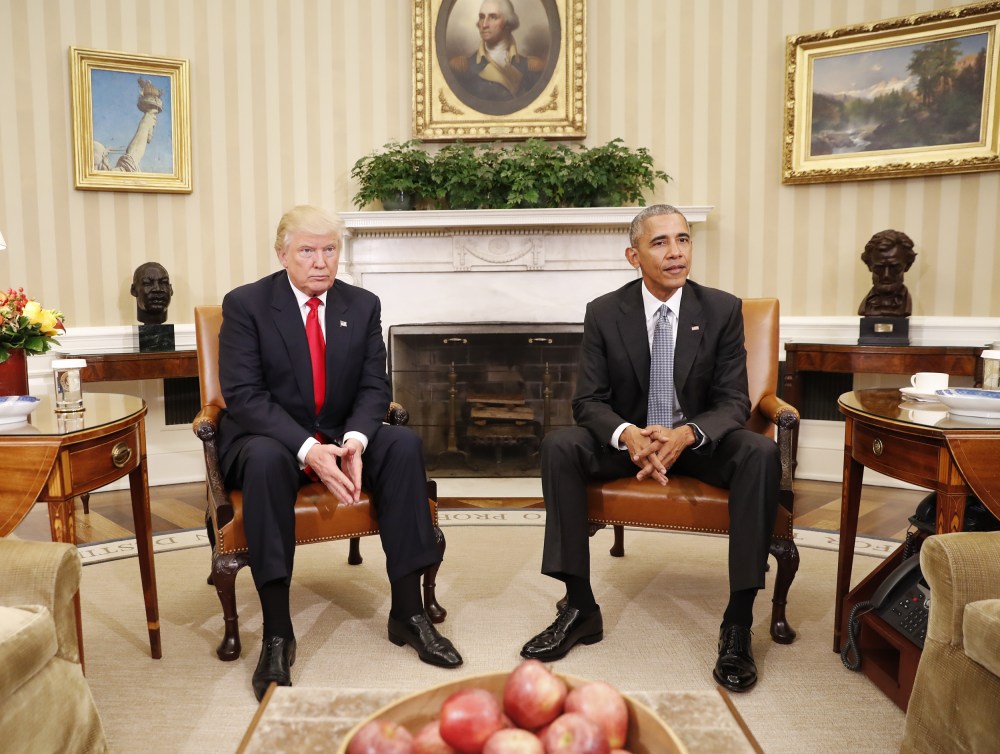In early May, Donald Trump started tweeting hysterically about something he called “Obamagate.” Though no one was at all sure what the president was talking about, the Republican called the conspiracy theory, among other things, the “biggest political crime in American history, by far!”
It was against this backdrop that a reporter asked Trump at a White House press conference what crime, specifically, he believes Barack Obama committed. “You know what the crime is,” the president said. “The crime is very obvious to everybody.”
The crime was not very obvious to everybody. In fact, given the circumstances, it seemed more than a little ridiculous that Trump was effectively telling the nation that he’d uncovered the biggest political crime in the history of the United States — a scandal so severe that it makes Watergate “look small time” by comparison — but he had no idea how to describe it. The president was certain that Obama was guilty of obvious crimes, none of which Trump could identify.
Yesterday, as Matt Stieb noted, the Republican finally got specific.
On Monday, the president finally found the criminal statute that he’s looking to pin on his predecessor. In an interview with the Christian Broadcasting Network, host David Brody prompted Trump to identify the specific charge he is accusing Obama of. “Treason, treason — it’s treason,” Trump said.
The president added, “[T]hey’ve been spying on my campaign.”
To the extent that reality has any meaning, let’s pause to acknowledge a handful of relevant details. First, to think Barack Obama committed treason is insane. Second, no one spied (or is currently spying) on the Trump campaign. Third, spying and treason are not synonymous.
But as important as those details are, it’s the bigger picture that’s even more striking. In Donald Trump’s mind, “treason” is increasingly a word he uses to describe the actions of people he dislikes. In the not-too-distant past — which is to say, before January 2017 — it would be an extraordinary thing for a sitting president to accuse anyone of treason.
But in the Trump era, it’s become alarmingly routine. Last October, the president said House Speaker Nancy Pelosi (D-Calif.) may have committed treason. That came days after Trump called for a treason investigation into House Intelligence Committee Chairman Adam Schiff (D-Calif.).
A week earlier, Trump accused White House officials who spoke to the intelligence community whistleblower — possible witnesses to presidential wrongdoing — of treason.
As we discussed at the time, this came on the heels of the president raising the prospect of a treason investigation into Google, which came on the heels of Trump accusing some in federal law enforcement of “treason,” which came a month after the Republican accused congressional Democrats of engaging in “treasonous” behavior.














